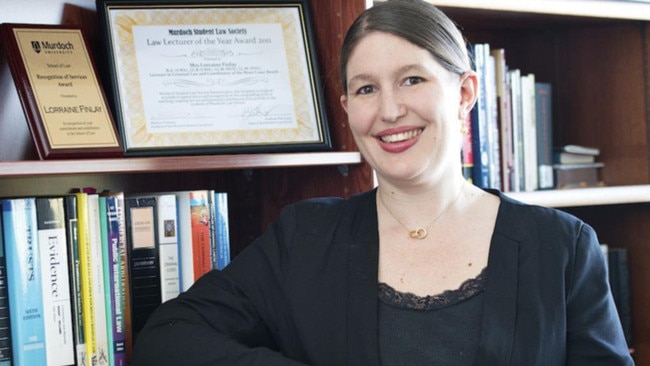Labor’s draft platform looking to limit the use of hotels as alternative places of detention
Labor is looking to overhaul the use of hotels as ‘alternative places of detention’ for asylum seekers as part of its latest national platform.

Labor is looking to overhaul the use of hotels as “alternative places of detention” for asylum seekers as part of its latest national platform, amid warnings the practice is in breach of the country’s human rights commitments.
The latest version of the ALP draft platform – which will be debated by delegates at the party’s national conference in Brisbane next month – reveals changes to migration and detention policies compared to previous drafts.
These include a reinsertion of a clause from the party’s 2021 platform stating that “community-based assessment is the most reasonable, humane and cost-effective approach for supporting people seeking asylum while their claim for protection is assessed”.
Also added to the platform was a clause stating Labor believed “all persons in immigration detention should be treated with humanity and respect for the inherent dignity of the human person – immigration detention is solely for the purpose of administering Australia’s immigration laws, and is not punitive”.
But the most practical change of policy centred on the need to limit the use of “hotel-like accommodation” as alternative places of detention.
“The use of hotel-like accommodation as an alternative place of detention should only occur when necessary and for the shortest period of time required,” a newly-added clause states.
“The appropriateness of such arrangements are to be reviewed regularly.
“Unless required for health or safety, the maximum length of time a person should be detained in hotel-like accommodation is 90 days.”
The policy comes after Human Rights Commissioner Lorraine Finlay raised alarm with the use of hotels as detention facilities, due to the mental and physical impact the lack of space and fresh air had on detainees.
In a report released earlier this year, the commissioner estimated the expense of keeping people in hotels was roughly $470,000 per person per year.
Ms Finlay welcomed moves from government to limit the use of hotels as detention facilities, but said more needed to be done to ensure such arrangements were used only in “exceptional circumstances”.
Where hotels were used, she called for a commitment to ensure all detainees could exercise for at least one hour a day, had access to fresh air and greater access to shared facilities.
Ms Finlay revealed that since the commission inspected hotels being used as places for detention, the number of people being detained in such settings had dropped by about 70 per cent.
“We recognise there have been positive movements … there’s a need to do more, though,” she said.
“We do think it’s important our recommendations around only using them in exceptional circumstances is adopted to stop this idea that hotels … are an ordinary default you can use.”
The changes in the platform follow a push from the Left for the party to agree that indefinite detention and boat turnbacks represented “inhumane violations of Australia’s obligations under international law”.



